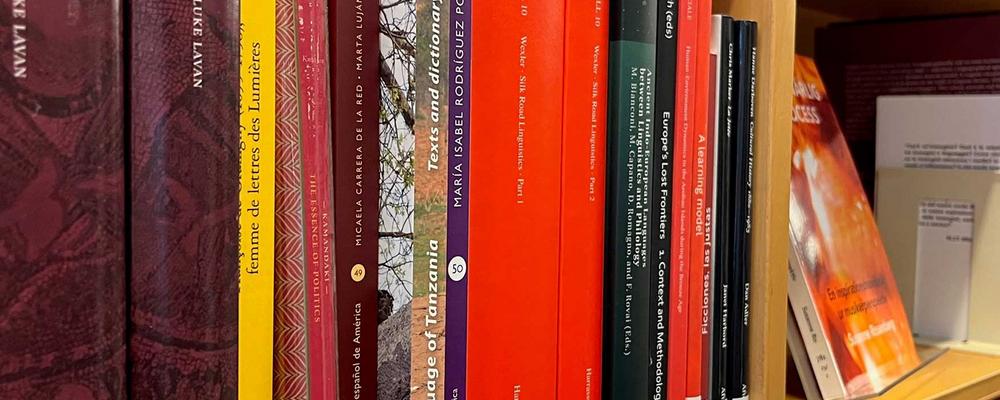Gendered bias in peer-review and other forms of assessments is a well-studied area. But how do researchers actually execute their positions of power in recruitment processes? This is the topic for a recently published article Gender, cognitive closeness and situated assessments in academic recruitment, by Susanna Young Håkansson, analyst, Phd Kajsa Widegren, senior analyst, both at the Swedish Secretariat for Gender Research, University of Gothenburg, and Phd Bo Jarneving, associate professor, Library and Information Science, Gothenburg University Library.
The expertice of researchers own research interests are both what makes their expert assessment possible as well as an aggravation, when reviewing credentials, the writers of the article argues, as it reflects why and how they make the particular recruitment decisions they do.
– It is evident that experts regard their own judgements as objective rather than influenced by their own experience in a specific field of research. Very rarely do reviewers reflect on how their own research interests may affect their assessments,' says Widegren.
In Sweden, recruitment for academic tenure and the reviewers’ reports are public and thus open for scrutiny. This study uses both material and close reading of three cases of reviewers’ reports to map cognitive closeness, distance and particularities as intrinsic aspects of peer review.
– Using these methods together, we see different ways in which the cognitive closeness and distance of assessors to applicants is expressed in peer reviews. We also see how this often turns into bias. The women in the data are disadvantaged because their merits are not given equal weight. Then we see that male experts and applicants share research interests to a greater extent, and this also has an impact on the quality of the assessments,' says Susanna Young Håkansson.
The article is published in the European Journal of Higher Education (Open Access via e.g. University of Gothenburg): Gender, cognitive proximity and situated assessments in the recruitment of academics
